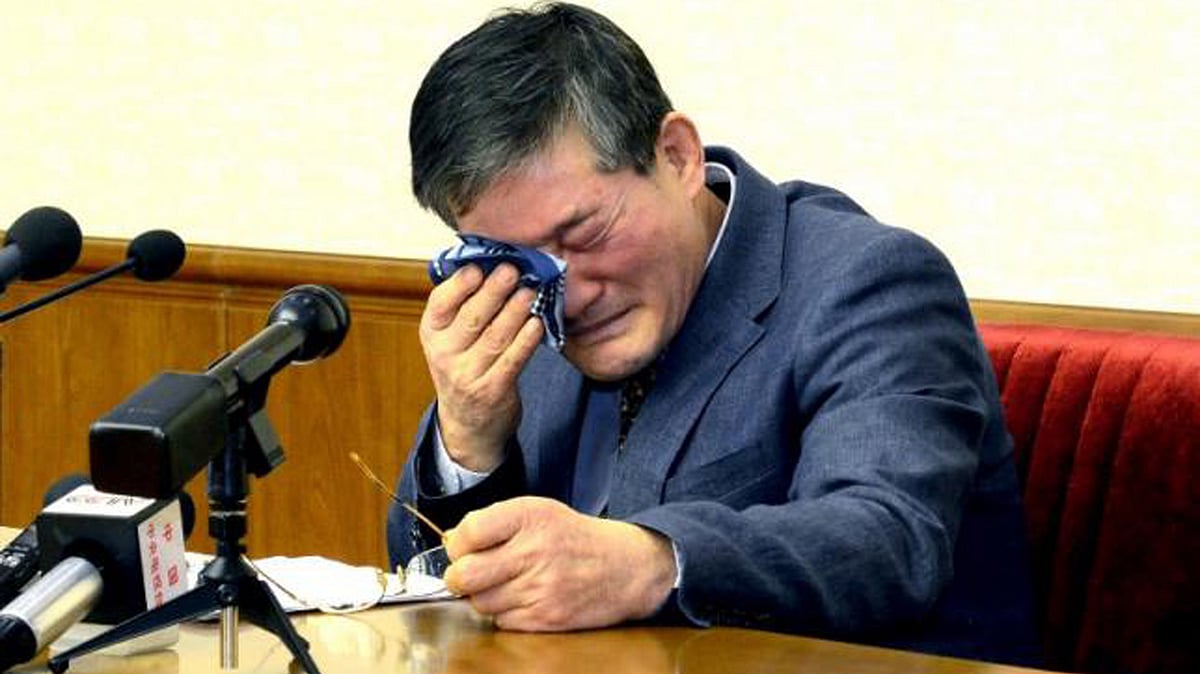Korean-American Man Sentenced to 10 Years of Labour in North Korea
Kim Dong Chul, an American citizen of South Korean origin is convicted of espionage and stealing military secrets.

advertisement
A Korean-American man was convicted of espionage and sentenced to 10 years of hard labour on 29 April by North Korea’s Supreme Court.
According to North Korea’s official news agency reports, Kim Dong Chul, a naturalised citizen of America of South Korean origin was arrested in October 2015 and had admitted to committing “unpardonable espionage” including stealing military secrets, under the direction of US and South Korean Governments.
Six foreigners, including Kim and three South Koreans, are known to be detained in the North.
Interestingly, foreigners held by North Korea have said after their release that their confessions were coerced.
Another Addition to North Korea’s Long List of Human Violations
North Korea has been criticised for its poor human rights record for years. The government has detained Americans in the past to extract high-profile visits from the United States, with which it has no formal diplomatic relations.
In the past, they have handed lengthy sentences to foreigners before eventually freeing them.
At present, the North is holding an American, Otto Warmbier, who was sentenced to 15 years of hard labour in March 2016 for trying to steal a propaganda banner. A Korean-Canadian Christian pastor is also serving a life sentence for subversion.
Several activists have asked the United Nations and Global Leaders to look into North Korea’s multiple human rights violations, ambitious nuclear plans and strict dictatorial governance which have been a growing concern for years now.